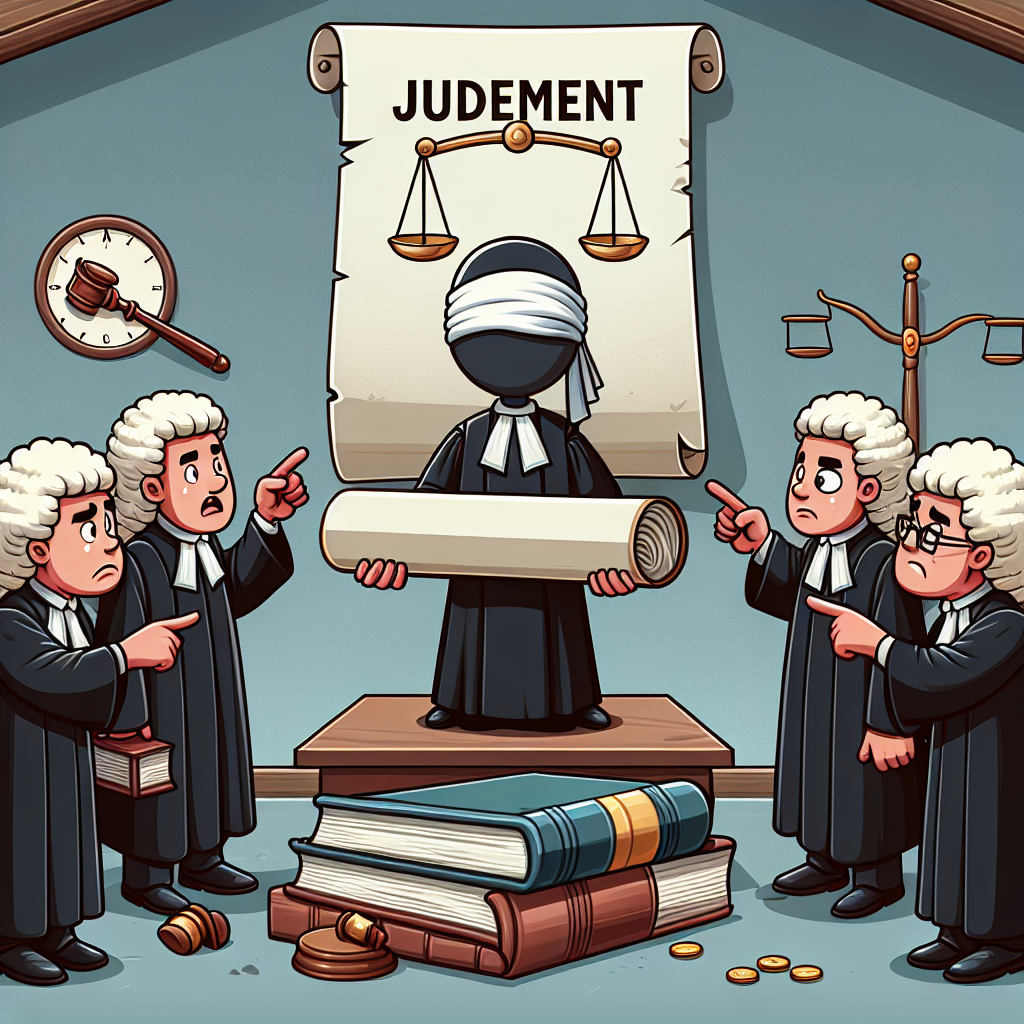Supreme Court: Broken Relationships Aren’t Automatic Grounds for Suicide Abetment
The Supreme Court ruled that broken relationships, although emotionally distressing, don't equate to abetment of suicide without proof of intent. This decision overturned Kamaruddin Dastagir Sanadi's conviction by the Karnataka High Court on charges including cheating and abetment of suicide, highlighting the need for evidence of intent in such cases.

- Country:
- India
The Supreme Court has declared that emotionally distressing broken relationships do not automatically constitute abetment of suicide without criminal intent. This landmark ruling was delivered by a bench of Justices Pankaj Mithal and Ujjal Bhuyan, overturning a conviction by the Karnataka High Court.
The judgment focused on Kamaruddin Dastagir Sanadi, initially charged with cheating and abetment of suicide, but acquitted at trial. However, the High Court had convicted Sanadi, based on the state's appeal, sentencing him to imprisonment and a fine.
The case involved a woman who died by suicide after an eight-year relationship with Sanadi. The Supreme Court emphasized that without evidence of instigation or provocation, refusal to marry does not constitute criminal abetment of suicide.
(With inputs from agencies.)










